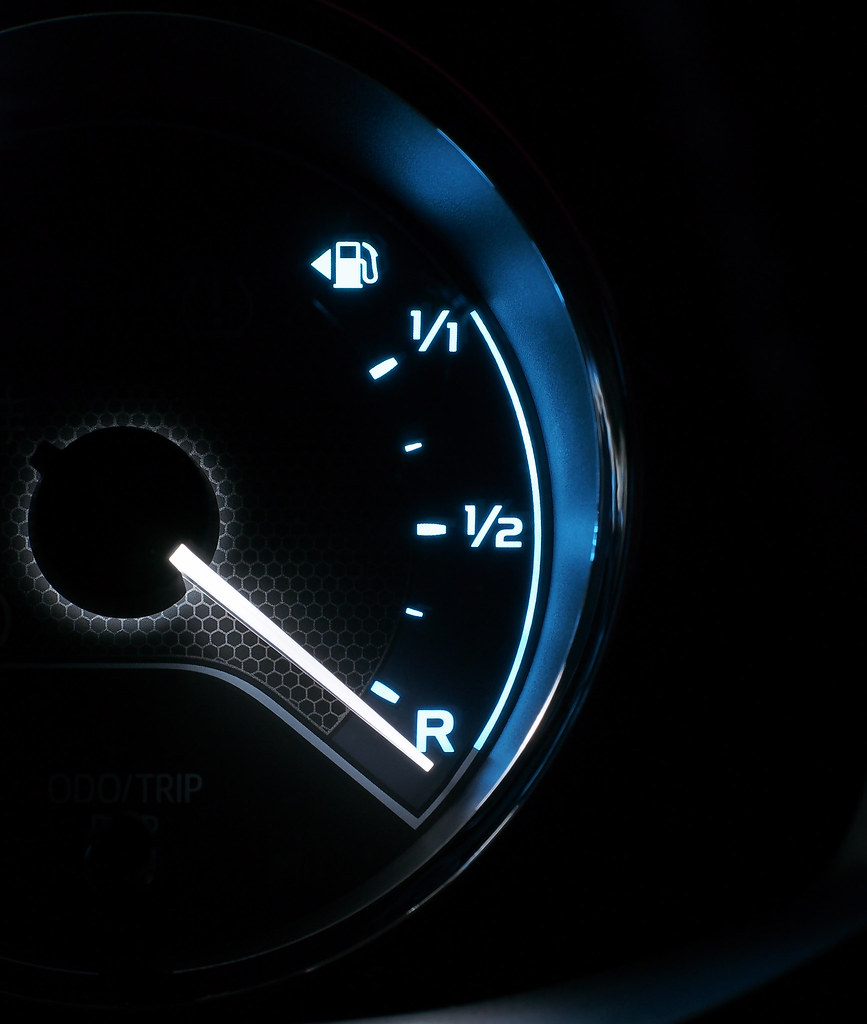A calm and cautious driver may quickly become deranged behind the wheel by taking the wheel. Is this a scenario you’ve ever heard of before?
Yes. This scenario reflects a typical event in everyday traffic, where drivers unleash all of their aggressiveness on the wheel, endangering themselves and other drivers and pedestrians.
Not maintaining good driving habits raises the danger of an accident, as well as making liquid circulation difficult in numerous situations.
These are some examples of poor driving habits, as well as using a mobile phone while driving, speeding, and passing when the traffic light has just turned red.
It’s critical to identify those negative behaviours. However, even more, crucial is understanding the driving habits of a good driver and putting them into practice.
As a result, we’ve compiled a list of those excellent habits, but we also point out what not to do while driving and the potential ramifications.
What are the positives of driving, and what should be avoided?

Good Driver’s Habits
- Pay attention to the traffic around you: a great driver, like most good drivers, checks his or her rear-view mirrors and anticipates what other drivers will do. This is a sign of a polite and confident motorist.
- Indicate manoeuvres promptly: a competent driver uses turn signals to notify other drivers that he is going to make a turn or change lanes well ahead of time, allowing them to react appropriately.
- Do not block intersections: When the traffic light changes to red, be alert for the entrance to an intersection, so do not obstruct it.
- Keep an eye on the signal lights: respect the alternating light phases, especially if you have adequate time to brake safely after a change to solid amber. You may put cyclists, pedestrians, and other motorists in danger by going over it just to save a few seconds.
- Allow for the addition of different cars on the road: you’ll be in this situation sooner or later.
- Maintain a safe distance from the car in front of you: The distance should be such that you have 2 to 4 seconds of reaction time if the preceding vehicle suddenly brakes. You may use road markings to determine this length.
- In residential areas, observe the posted speed limits: these are places where youngsters may be playing on the street and suddenly coming into view of motorized traffic.
- With older drivers, disabled drivers, or vehicles with mechanical issues, be courteous and patient; maintain a greater safety distance while being patient. It’s conceivable that these conductors’ speeds and reaction times are slower.
- Make it easier and quicker for emergency or rescue vehicles to pass.

What Should Avoid?
- Using your cell phone while driving: Many drivers use the time to read and respond to emails, make calls, send text messages, and video calls without using their hands. This diverts the driver’s attention away from the road and puts other motorists’ lives at risk. Distractions are one of the most common causes of traffic accidents.
- Not paying attention to the posted speed limits: reckless driving is, without doubt, the most common cause of automobile accidents in the world. It is a dangerous habit that endangers everyone on the road. The roads were constructed with tracks in mind so that automobiles may travel at specific maximum or minimal speeds. Keep in mind that going at an excessively slow rate carries inherent danger.
- Driving under the influence of alcohol or drugs: The drinking and driving of automobiles is the second-leading cause of fatalities on the road. It is governed by all of the world’s traffic regulations.
- Non-maintenance of the vehicle: You are solely responsible for the upkeep of your automobile.
- Tires in terrible condition, a breakdown caused by a lack of gasoline, and other circumstances can all result in an accident or at the very least the irritation of many drivers behind you.
- Drive aggressively or be intolerant of other road users: The road is not a place to express anger or frustration from domestic or job difficulties. On the roads, an intolerant and aggressive driver poses a serious risk.
- Not planning the route before hitting the road: Using the GPS while driving is a distraction that could have severe repercussions.
- Driving while under pressure or strain: traffic in large cities and at certain periods of the day may be incredibly heavy, resulting in delays. Be patient when driving to your destination and avoid being rushed.
- Driver habits that are maintained reduce the likelihood of accidents and make for a pleasant and secure driving environment. Let us all work to spread them.



